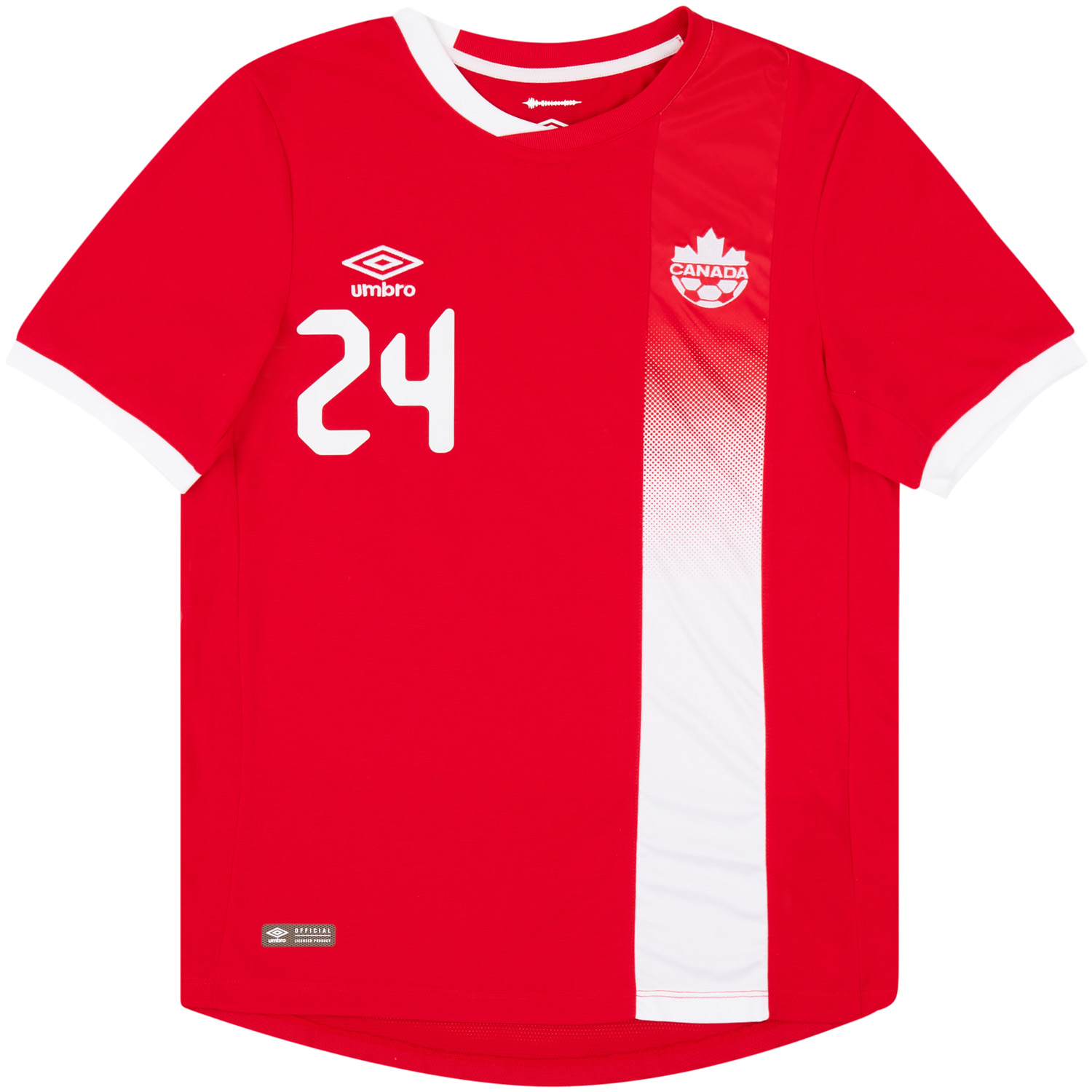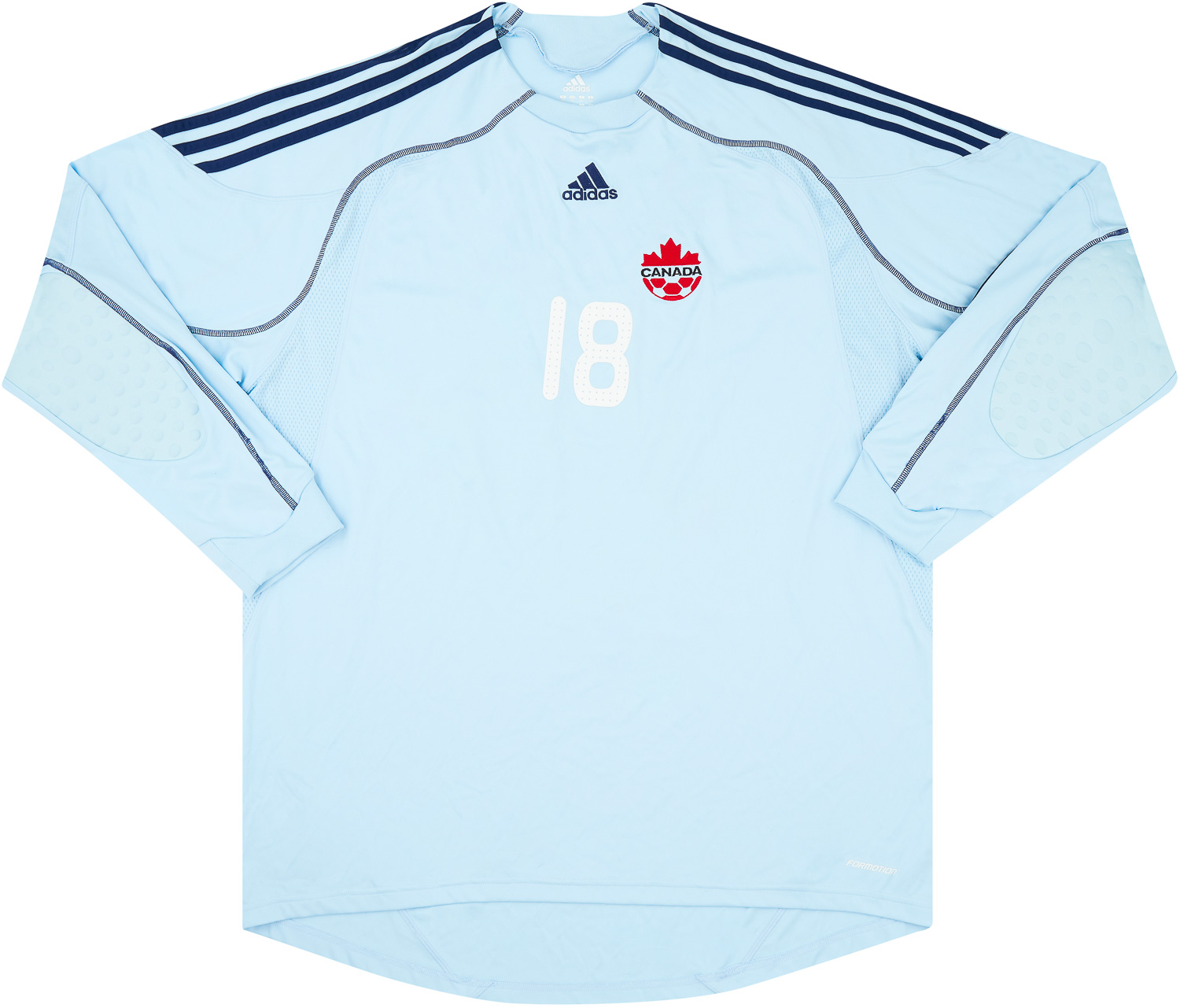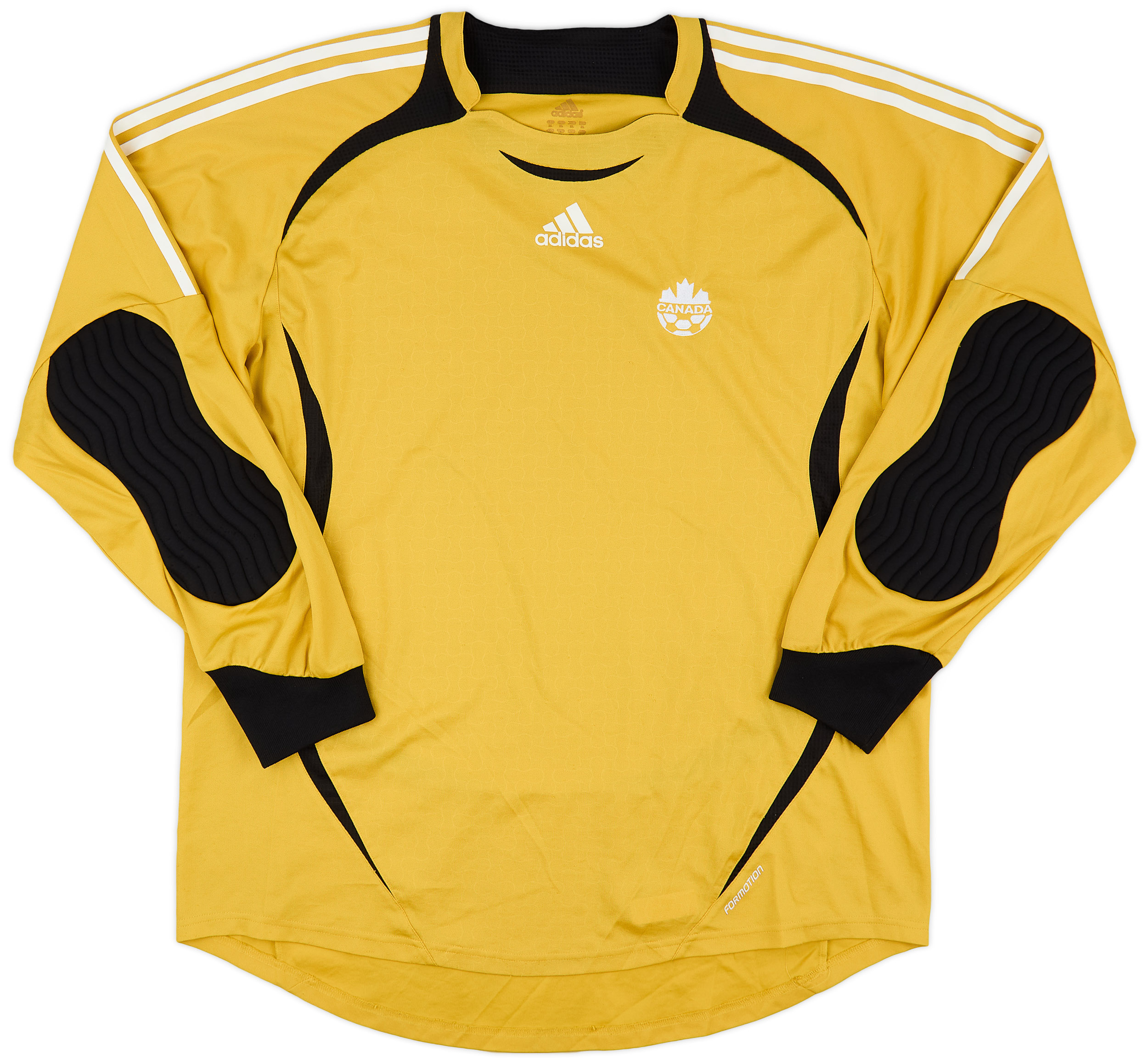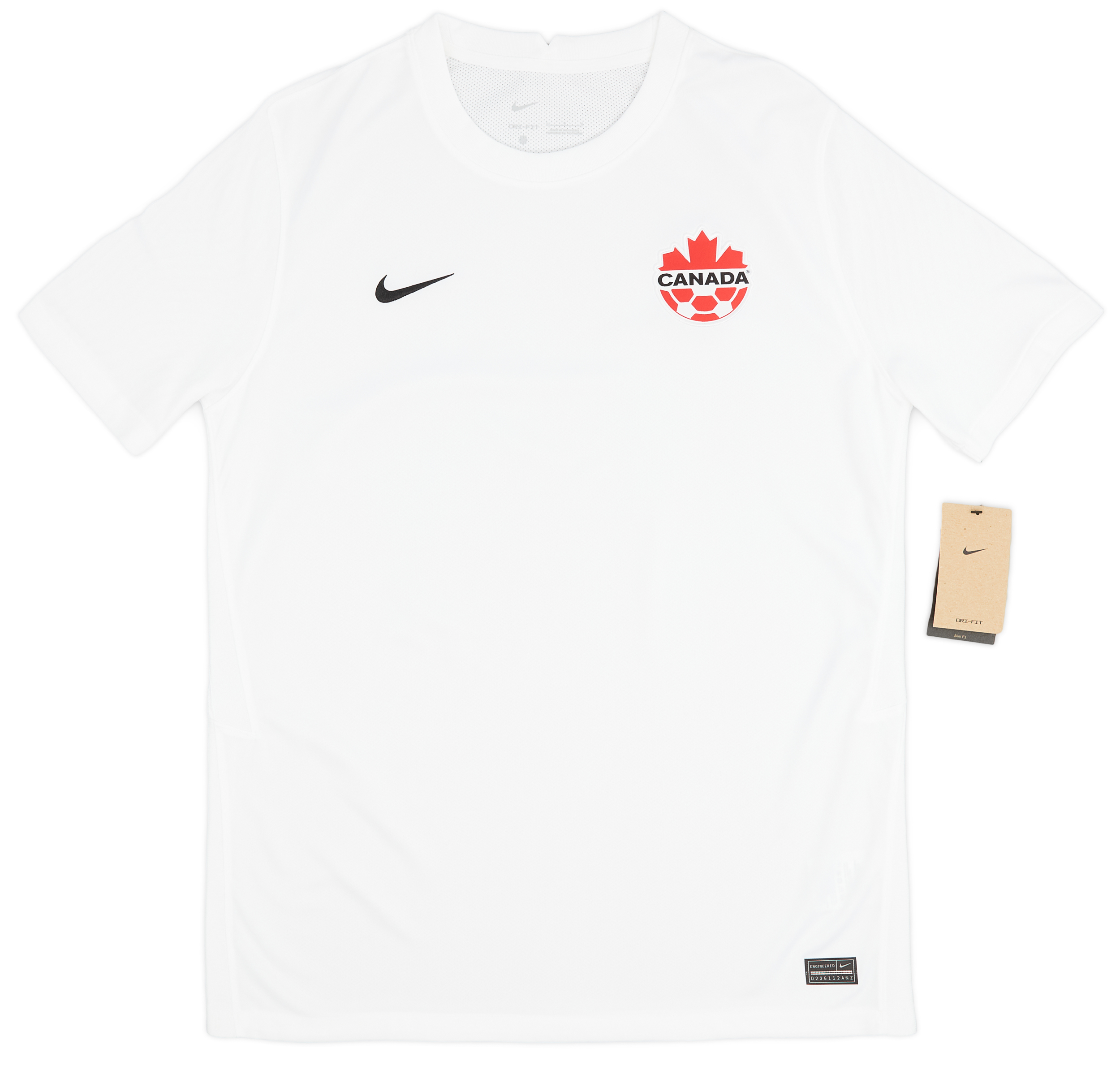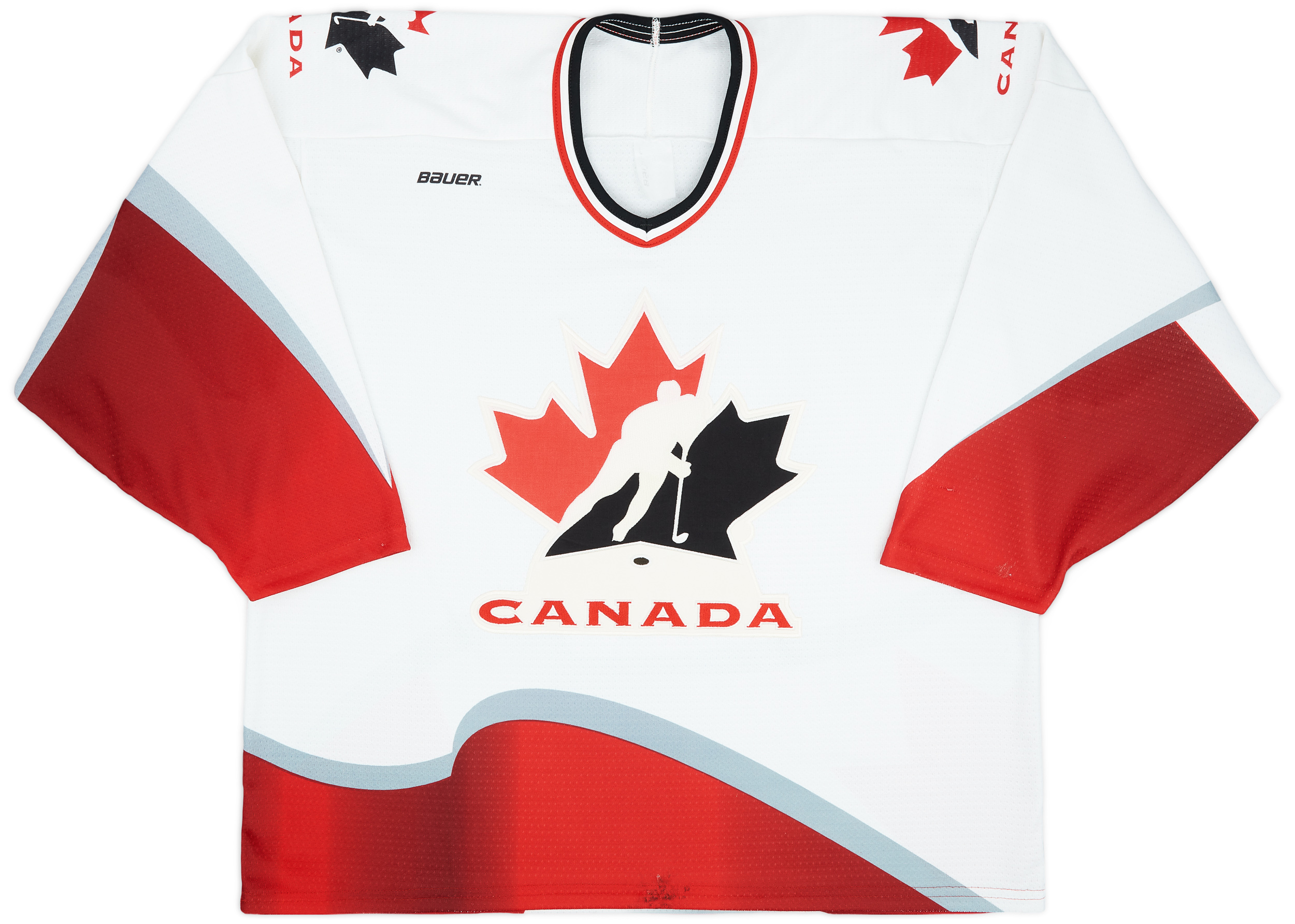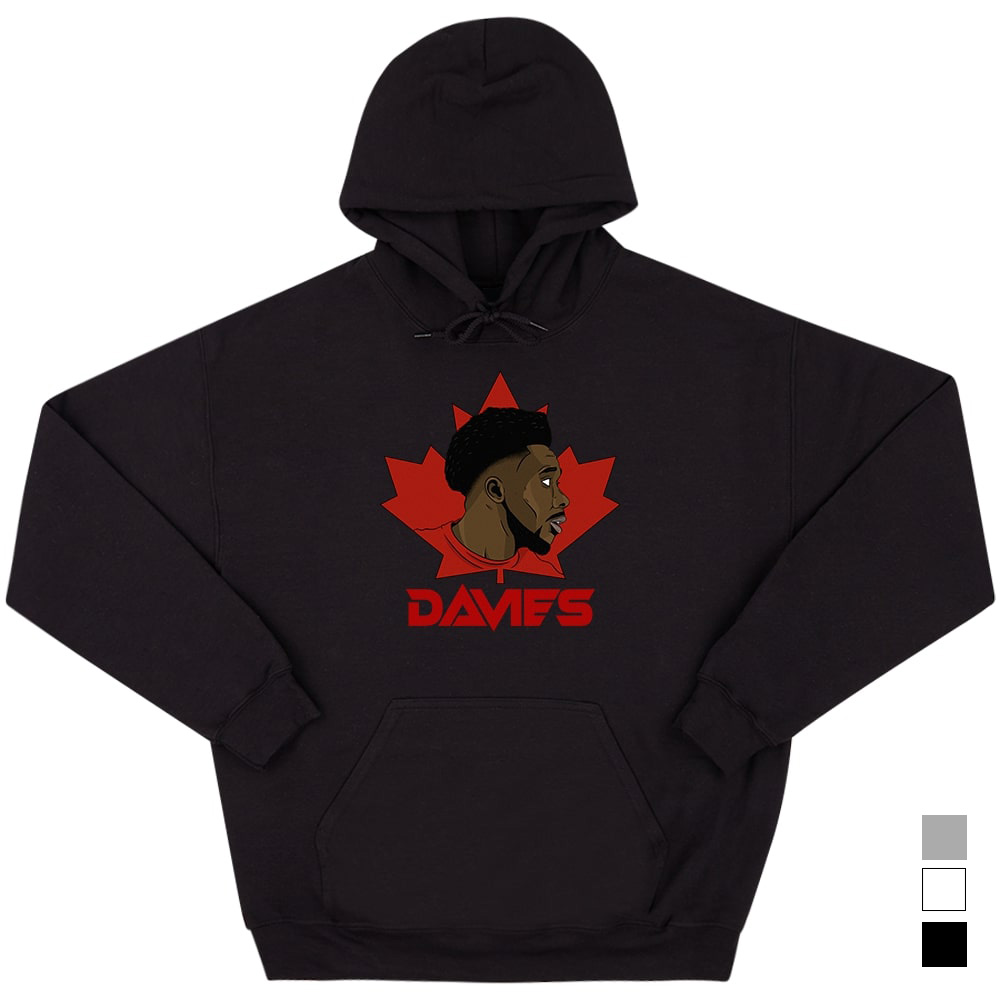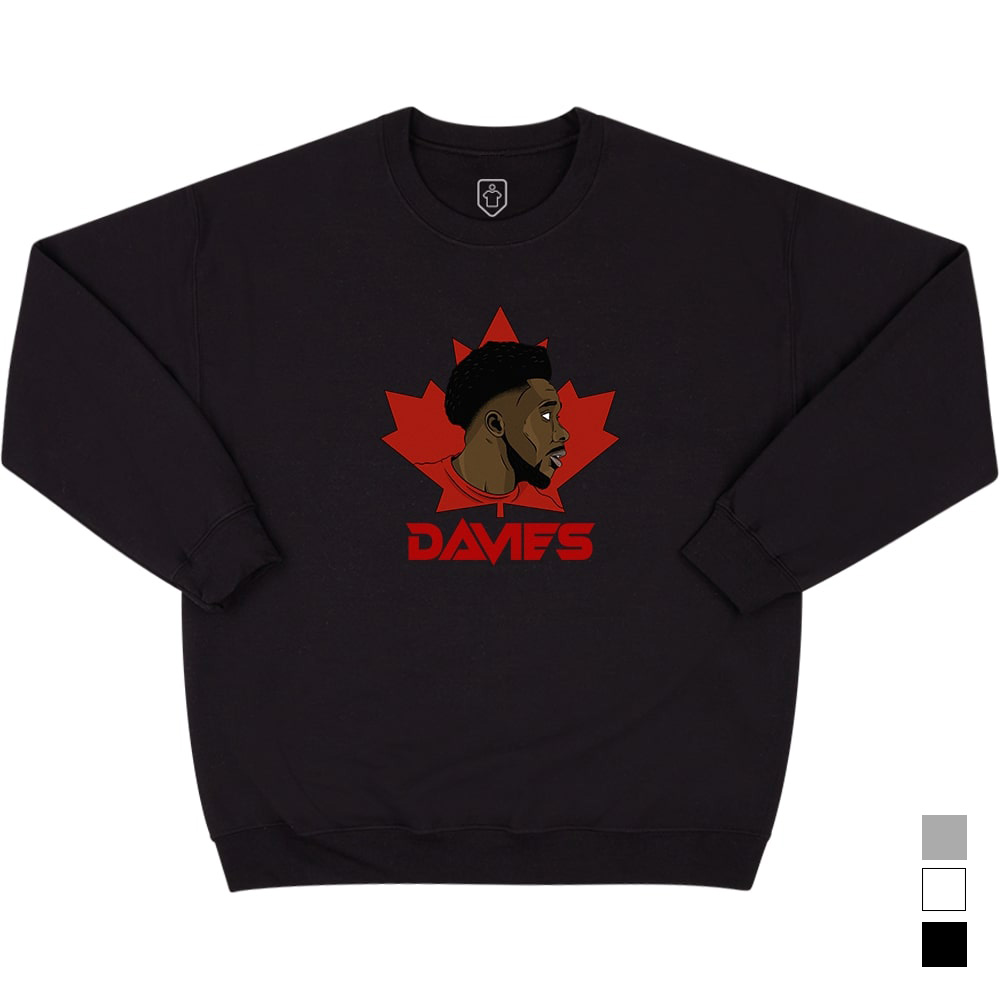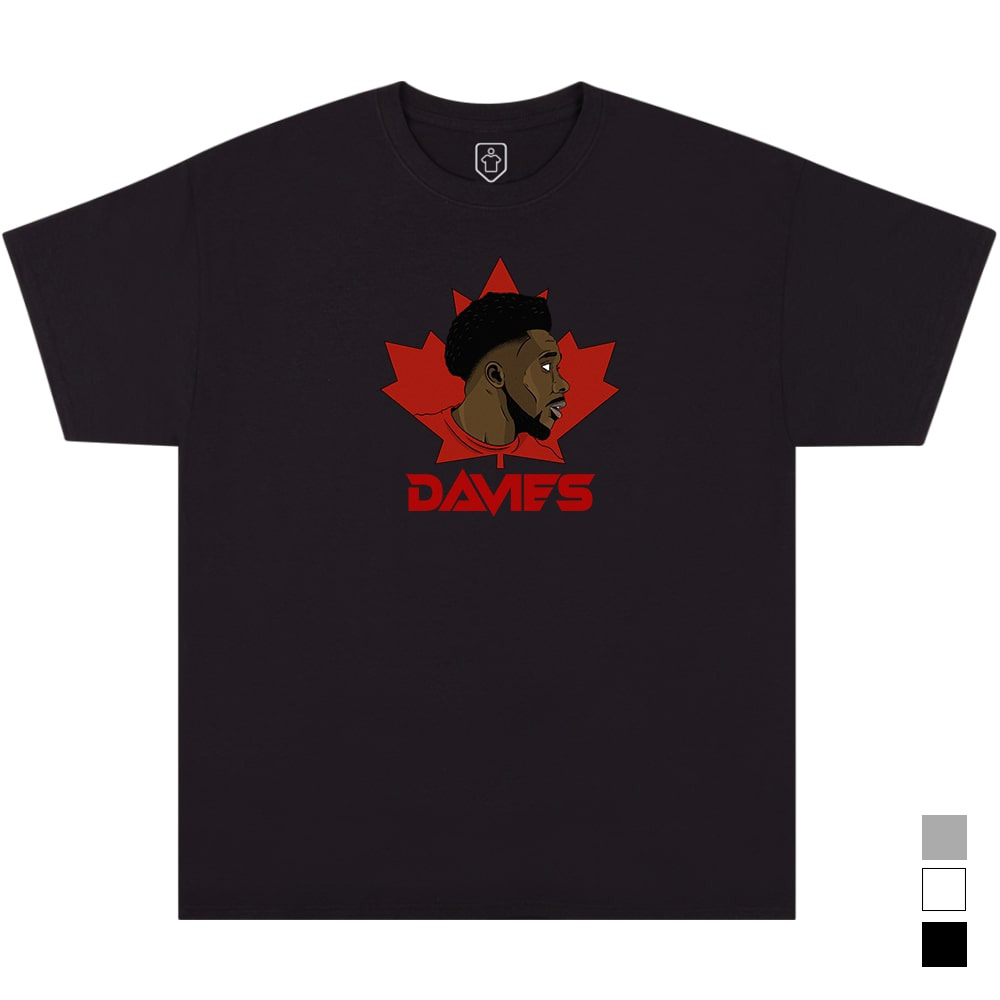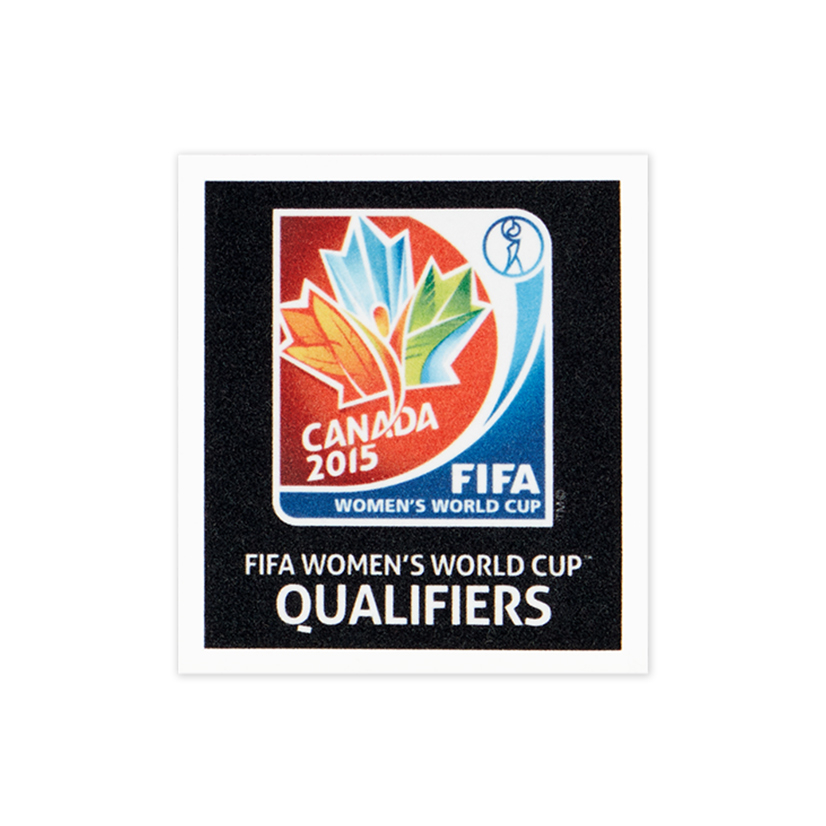Canada
Introduction The retro national football team shirt of Canada is a symbol of the country’s rich football history and tradition. This iconic shirt, with its unique design and features, has been worn by some of Canada’s most talented footballers during some of the team’s most successful moments. In this article, we will explore the history, […]
2004-05 Canada Away Shirt (L)
177.99£ - ca: €210
2004-05 Canada Away Shirt - 8/10 - (M)
148.99£ - ca: €176
2002-03 Canada Away Shirt - 7/10 - (XL)
148.99£ - ca: €176
2004-05 Canada Away Shirt (Very Good) L
118.99£ - ca: €140
2016-18 Canada Match Issue Home Shirt Pasher #24
118.99£ - ca: €140
2009-10 Canada Match Issue GK Shirt #18
118.99£ - ca: €140
2006-08 Canada Player Issue GK Shirt - 8/10 - (XL)
118.99£ - ca: €140
2015 Canada Away Shirt - 9/10 - (XL)
82.99£ - ca: €98
2022-23 Canada Away Shirt
70.99£ - ca: €84
2018-19 Canada Away Shirt - 7/10 - (L)
58.99£ - ca: €70
2012-13 Canada Umbro 1/4 Zip Drill Top - 9/10 - (S)
49.99£ - ca: €59
1996-98 Canada National Hockey Team Bauer Home Jersey (Good) XL
47.99£ - ca: €57
Alphonso Davies Canada Maple Leaf Graphic Hooded Top
35.99£ - ca: €42
Alphonso Davies Canada Maple Leaf Graphic Sweat Top
29.99£ - ca: €35
2021-22 Canada Nike Training Shirt - 9/10 - (M)
29.99£ - ca: €35
2012-13 Canada Umbro Training Shirt - 7/10 - (M)
29.99£ - ca: €35
Alphonso Davies Canada Maple Leaf Graphic Tee
23.99£ - ca: €28
Warning: A non-numeric value encountered in /var/www/netskribent.dk/retro-football-shirt.com/wp-content/themes/boot5/single-national-teams.php on line 134
Introduction
The retro national football team shirt of Canada is a symbol of the country’s rich football history and tradition. This iconic shirt, with its unique design and features, has been worn by some of Canada’s most talented footballers during some of the team’s most successful moments. In this article, we will explore the history, achievements, and notable players of Canada during the era when this retro shirt was used, as well as its design, features, and significance to fans.
Team History
Canada’s football team was established in 1924, and the country has since been a member of FIFA, the international governing body for football. Canada has a proud football history, having participated in numerous international tournaments, including the FIFA World Cup and the CONCACAF Gold Cup. The country has also hosted several major football events, including the 1985 CONCACAF Championship and the 2015 FIFA Women’s World Cup.
Achievements
During the era when the retro football shirt was used, Canada achieved several significant milestones. In 1985, the Canadian men’s team won the CONCACAF Championship, which was the country’s first major international football tournament victory. The Canadian women’s team also enjoyed success during this time, finishing as runners-up in the 1998 CONCACAF Women’s Championship. In 2000, the Canadian women’s team won the CONCACAF Gold Cup, which was the team’s first major international football tournament victory since the men’s team won the CONCACAF Championship in 1985.
Notable Players
Several notable players wore the retro football shirt of Canada during this era. On the men’s side, players such as Alex Bunbury, Craig Forrest, and Paul Stalteri were key members of the Canadian team during the 1990s and early 2000s. On the women’s side, players such as Charmaine Hooper, Silvana Burtini, and Geraldine Donnelly were instrumental in the team’s success during this time. These players contributed significantly to Canada’s football history and left a lasting legacy in the sport.
Shirt Design and Features
The retro football shirt of Canada features a classic design that is instantly recognizable. The shirt is primarily red, with white and blue accents. The Canadian flag is prominently displayed on the left sleeve, and the team’s crest is located on the chest. The shirt also features a unique pattern of diagonal lines, which adds a touch of flair to the design. The shirt is made of high-quality materials and is designed to be comfortable and durable, making it ideal for both training and match play.
Fan Significance
The retro football shirt of Canada holds a special significance for fans of the team. The shirt is a symbol of the country’s football history and tradition, and it serves as a reminder of the team’s past achievements and successes. Many fans of the Canadian football team own a retro shirt, and it is not uncommon to see fans wearing the shirt at matches and other football-related events. The retro shirt has also become a popular collectible item among football fans and memorabilia collectors.
Conclusion
The retro national football team shirt of Canada is an important symbol of the country’s football history and tradition. During the era when this shirt was used, Canada achieved several significant milestones, including the men’s team’s victory in the 1985 CONCACAF Championship and the women’s team’s victory in the 2000 CONCACAF Gold Cup. The shirt was worn by several notable players, including Alex Bunbury, Craig Forrest, and Paul Stalteri on the men’s side, and Charmaine Hooper, Silvana Burtini, and Geraldine Donnelly on the women’s side. The shirt’s unique design and features make it a popular collectible item among football fans and memorabilia collectors, and it holds a special significance for fans of the Canadian football team.




